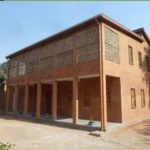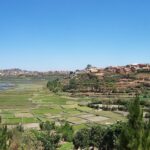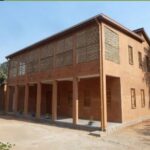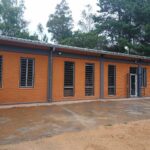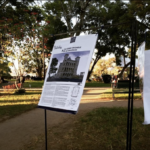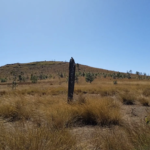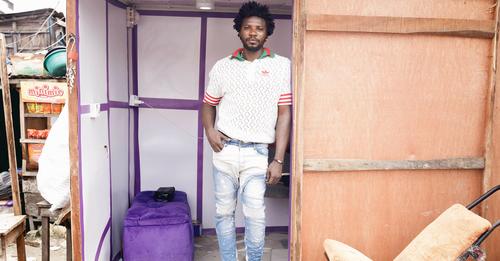
NPR : Nigerians are rattled by prices that just keep going up. How are they coping?
photo Beautician Murphy Oyewole tends to a customer at his salon at Balogun Market, where the rapidly rising cost of fuel has been stressful for vendors and customers alike.Manny Jefferson for NPR
One year ago, on July 11th, we woke up in Madagascar to a significant increase in fuel prices, nearly doubling from the previous day. We tried to hold onto the notion that the costs were still heavily subsidized, but deep down, we knew that we were ill-prepared for the subsequent impacts that would affect our livelihoods and income. It’s astonishing to reflect on how we managed to keep our businesses afloat despite enduring nearly two years of lockdown due to Covid-19 restrictions and facing limited investments caused by worldwide recessions driven by speculation. One thing I am certain of is that we lack the same level of financial and community resilience as countries like Nigeria.
“The cost of food and transport have soared since the end of May. The trigger was the removal of a fuel subsidy that dates to the 1970s and kept fuel prices artificially lower than the market rate and lower than in neighboring countries.
But in his inaugural speech on May 29, new president Bola Ahmed Tinubu declared an end to the subsidy. It had become too expensive — rising to $9.7 billion last year, a quarter of Nigeria’s budget– all while government revenues were stretched thin.
The ripple effects were immediate. Fuel prices almost tripled overnight, from roughly 180 naira (23 cents) per liter in May, to roughly 500 naira (70 cents). Fuel prices are expected to rise even further to account for the depreciation in Nigeria’s currency since May.”



